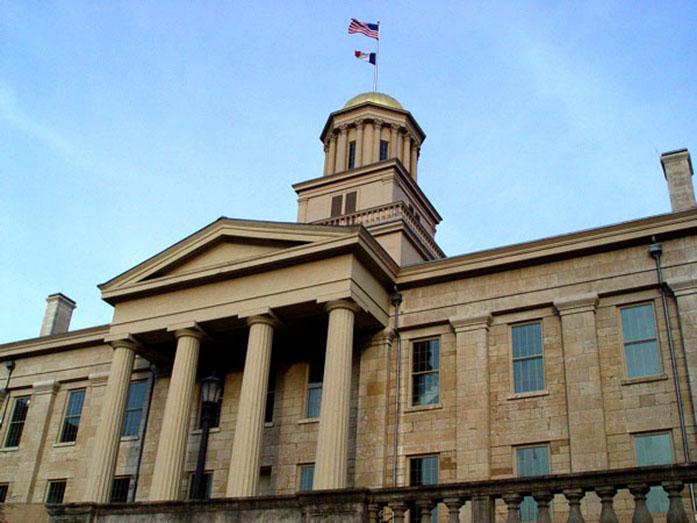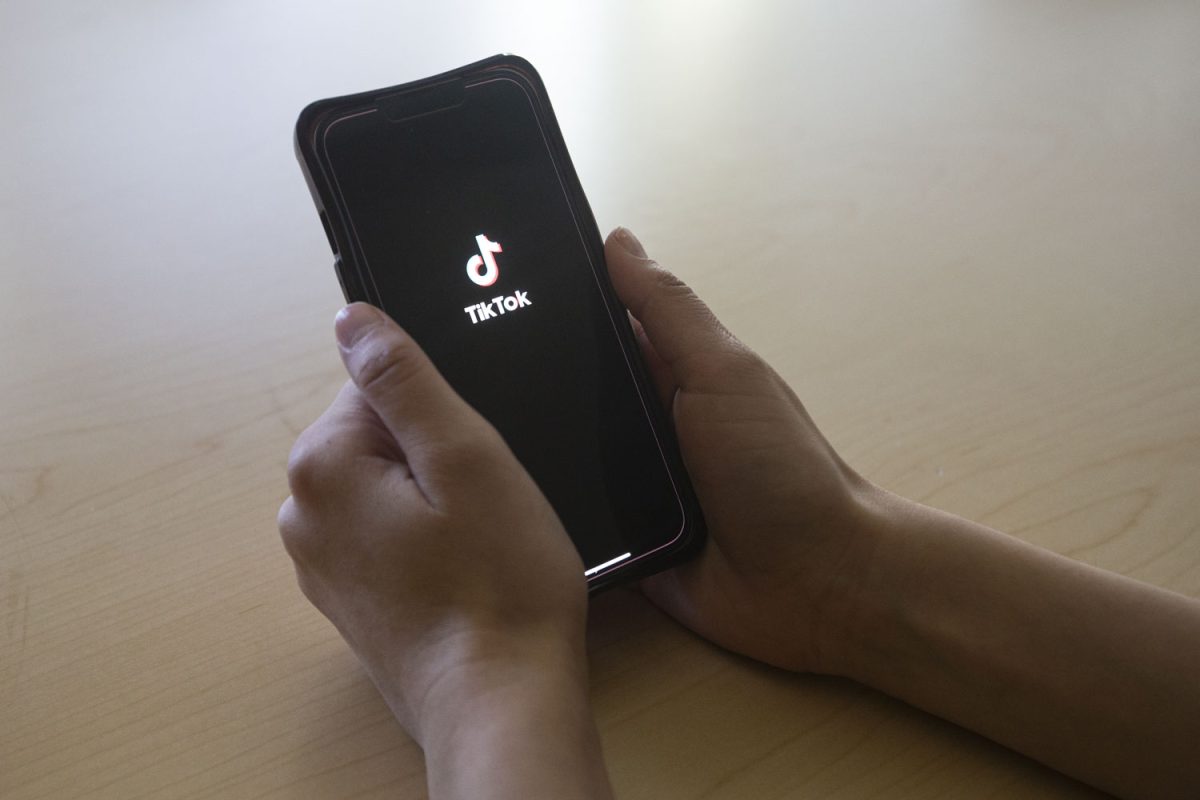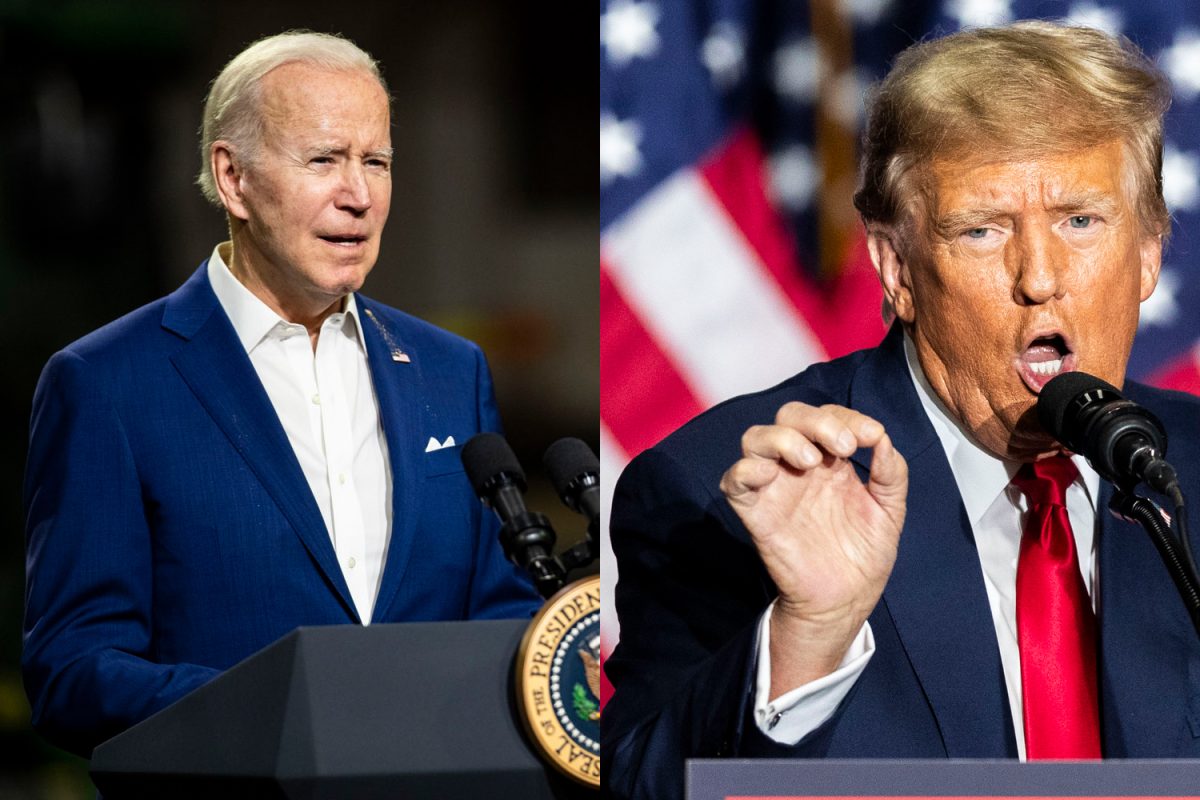Anyone who’s been to the ground floor of the newly renovated IMU or walked across the Anne Cleary Walkway has probably seen the numerous messages scrawled in chalk advertising—everything from upcoming events to information about student organizations. Chalk messages are a quick and easy way to transmit information to a large student body, but across the country, issues have arisen from the seemingly harmless method of communication. Something as innocuous as words scrawled in chalk have ignited debates about freedom of speech and the line between political support and inciting hateful ideologies in colleges and universities all over the country.
Messages in support of Republican presidential candidate Donald Trump drawn in public spaces have divided students and faculty. At Emory University in Atlanta, roughly 100 chalkings were found on campus leading to a student demonstration in opposition to the messages, according to the New York Times. Similar scrawls have been found at the University of Kansas and the University Michigan with presumably more to follow as the election grows closer.
The problem is not students being public about their support of one presidential candidate over the other. The problem lies in the connotations, and often explicit statements, that come with the support of Trump.
What would ordinarily have been a nonissue has become a point of contention because of an ideology of xenophobia and racism that has been tied to Trump’s candidacy, one Trump has done little to distance himself from.
Still, messages in favor of Trump solely as a political candidate do not necessarily equate to a full-throated endorsement of each and every belief that has been attributed to his candidacy or supporters. This is where the line between freedom of speech and public displays of hate speech begins to blur. In this country, people have a right to voice their opinions, whether those are favorably received by the general public or not.
However, as was the case at the University of Michigan, the intended message can be far more malicious in nature than a mere display of political support. In a public space on Michigan’s campus, the words “Stop Islam” were written in chalk alongside a pro-Trump message. When messages of hate are intentionally coupled with political support for a candidate, the line dividing the two becomes less apparent, though that is not to say that the line does not exist. As deplorable as some of Trump’s policies appear, voicing support for his candidacy alone does not amount to hate speech.
There comes a point at which we must trust those with the chalk in their hand to walk the line and stop themselves from spreading messages of hate. In an ideal world, we should be able to trust college students to express their political leanings without creating an environment of hate and prejudice. If the desire is to make America great, the best way to do that would be by retaining the aspects of this country that made it great in the first place. This would be freedom of speech and the freedom to express one’s political leanings.









